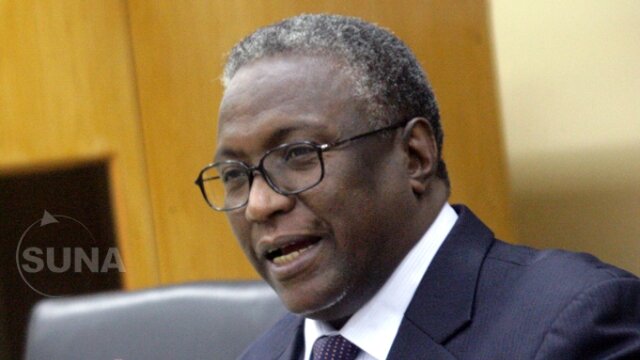Khartoum - The Sudanese Permanent Mission in Geneva has explained that a number of reasons have prevented Sudan form benefiting from the agenda item of technical assistance in the human rights dossier in Geneva despite the progress that had been realized of shifting from agenda item 4 to agenda item 10 (technical assistance).
Chairman of Sudan’s Permanent Mission in Geneva Dr. Mustafa Osman Ismail has said the reasons that prevented Sudan from benefiting from the agenda item 10 include politicization of the situation of human rights in Sudan, lack of writing programs required to be presented on development of human rights besides the American sanctions imposed on Sudan.
In a statement to Sudan Vision, Dr. Ismail said Sudan had remained for more than 20 years under the agenda item of special measures and now the country becomes under agenda item 10 of the Human Rights Council, referring to the efforts the Sudanese Permanent Mission in Geneva have remained exerting in this field.
He affirmed that the mission follows up the situation of human rights in Sudan through urging the national bodies for commitment to the international criteria of human rights as well as working for provision of training and qualification facilities form states and institutions concerned with human rights besides confronting attempts for politicization of the situation of human rights by some states and organizations as well as benefitting from the national report on human rights, which is expected to be issued in the coming period.
Dr. Ismail said the international agreements on human rights require presence of an independent national report prepared with participation of all sectors of the society, government, civil society organizations and other concerned parties, pointing out that this report is issued by an independent committee, which is the National Human Rights Commission, which is an independent body.
He pointed out that Sudan regrettably is considered nearly the sole country that has not issued a national report, affirming that the report which is expected to be issued after the formation of the independent commission would be the first report to be issued by Sudan, saying it constitutes the bases for requirements for development of human rights situation in Sudan.
Dr. Ismail added that the talks he held with the Vice-President showed that the national report would be accomplished soon, indicating that the Council of Ministers has approved a number of international conventions and agreements on human rights prior to their approval by the parliament.
-
Ghandour Confers with Some of the Ambassadors Accredited to Sudan< Prev
-
UN Expert: Sudan has Ability and Experience on Combating Cyber CrimeNext >

